Astonishing Climate Science Breakthroughs Shaping our Future
Climate science is a rapidly evolving field, with breakthroughs occurring at an astonishing rate. These advancements are not only enhancing our understanding of the planet's climate system but also shaping our future. This slideshow-style article will walk you through eighteen of the most remarkable climate science breakthroughs that are transforming our world.
The Revelation of Climate Sensitivity
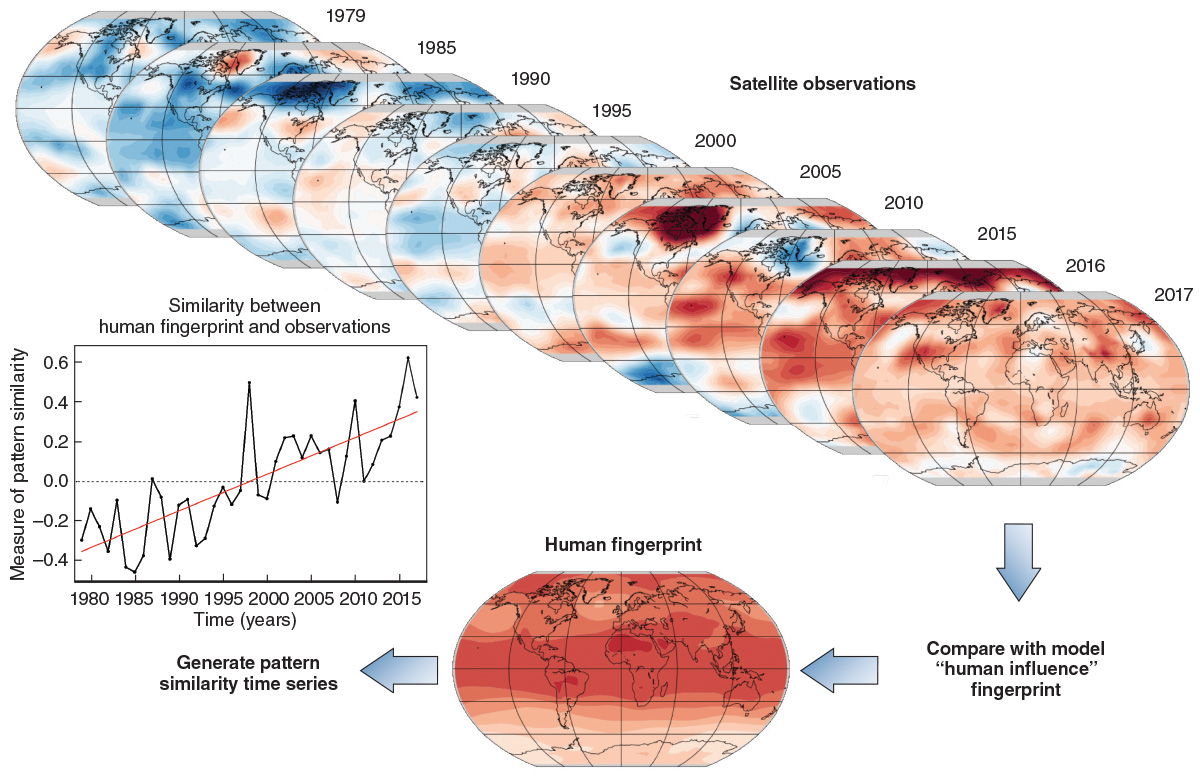
Climate sensitivity refers to how much the Earth's average temperature would change in response to certain changes in the atmosphere. Recent advancements have enabled scientists to narrow down the range of possible climate sensitivity, allowing for more accurate predictions of future global warming.
Ice Core Records
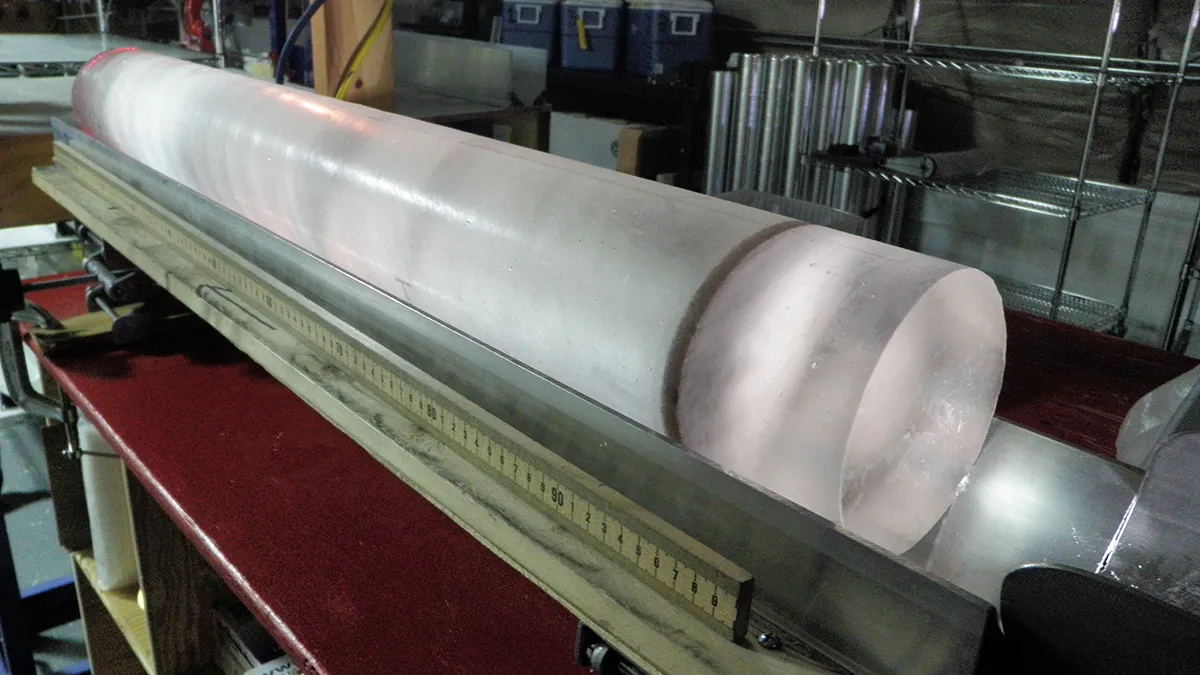
Ice cores provide invaluable information about past climates. Recent advancements in ice core analysis have allowed scientists to reconstruct past atmospheric compositions, providing a clearer picture of how the Earth's climate has changed over time.
Radiative Forcing
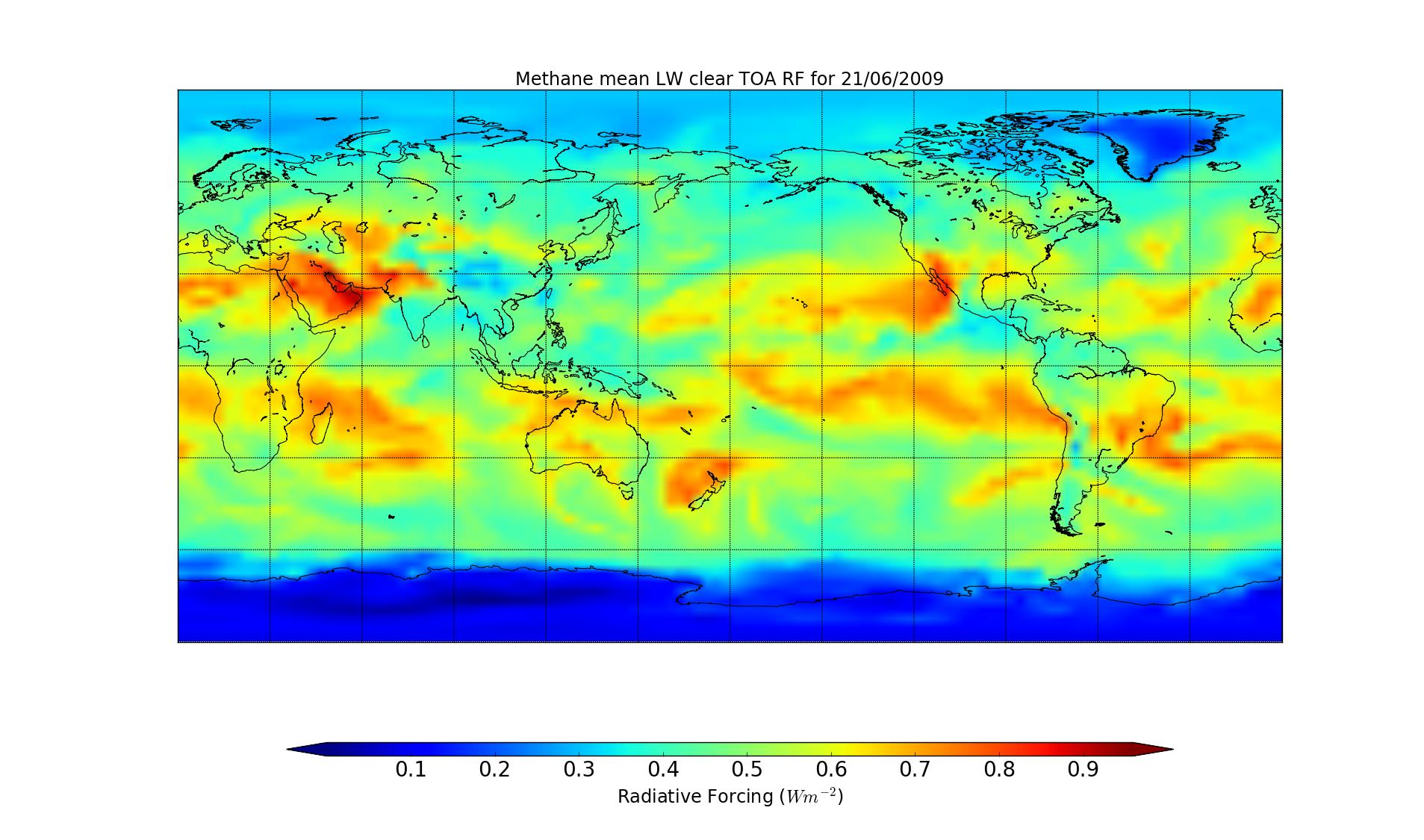
Radiative forcing is a measure of the influence a factor has in altering the balance of incoming and outgoing energy in the Earth-atmosphere system. Recent breakthroughs in understanding radiative forcing have led to improved climate models and more accurate predictions of future climate change.
Ocean Acidification
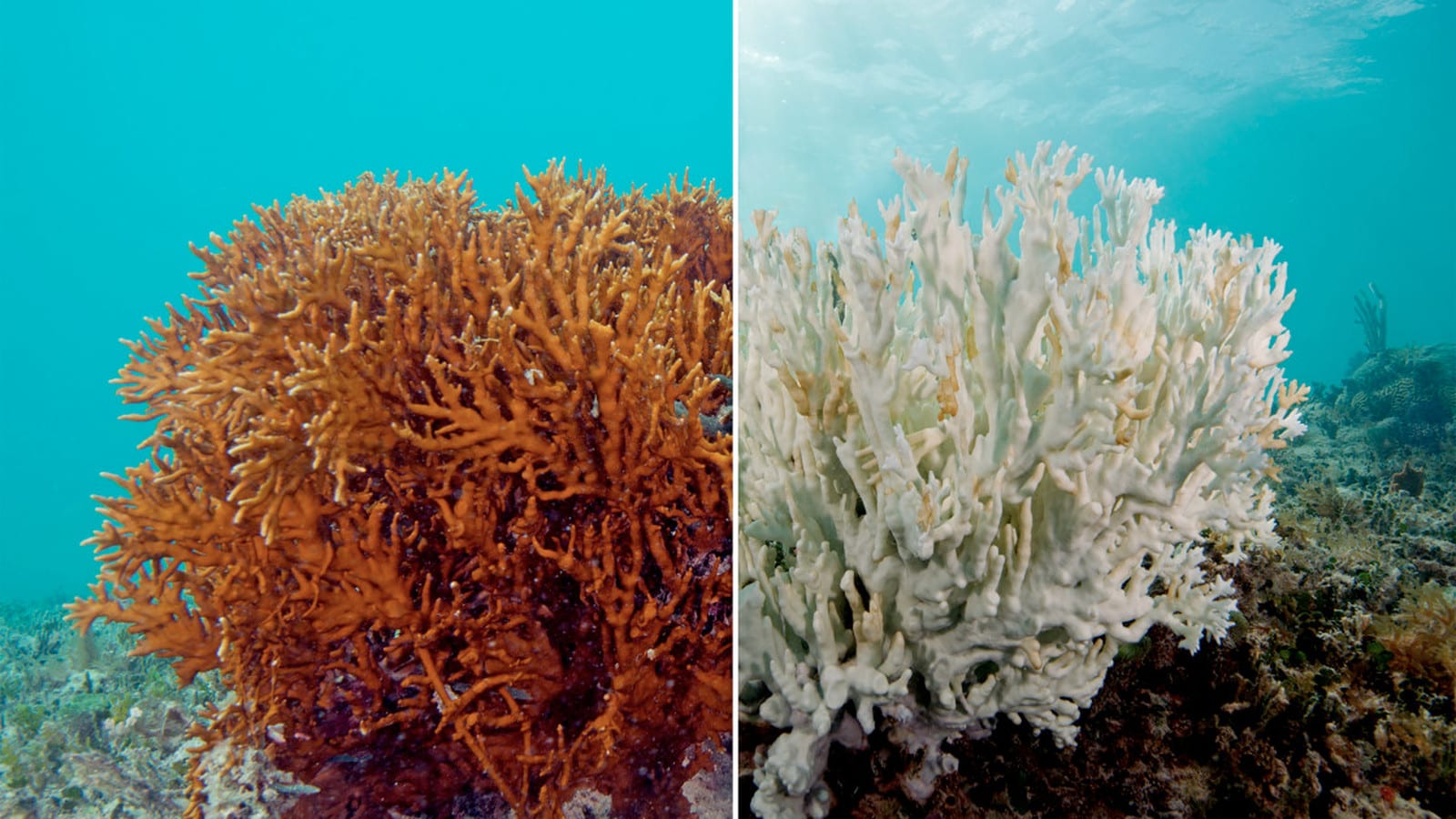
Ocean acidification, a consequence of increased CO2 in the atmosphere, is a growing concern. Recent research has shed light on its impacts on marine life and ecosystems, enhancing our understanding of this critical issue.
Aerosol Impacts
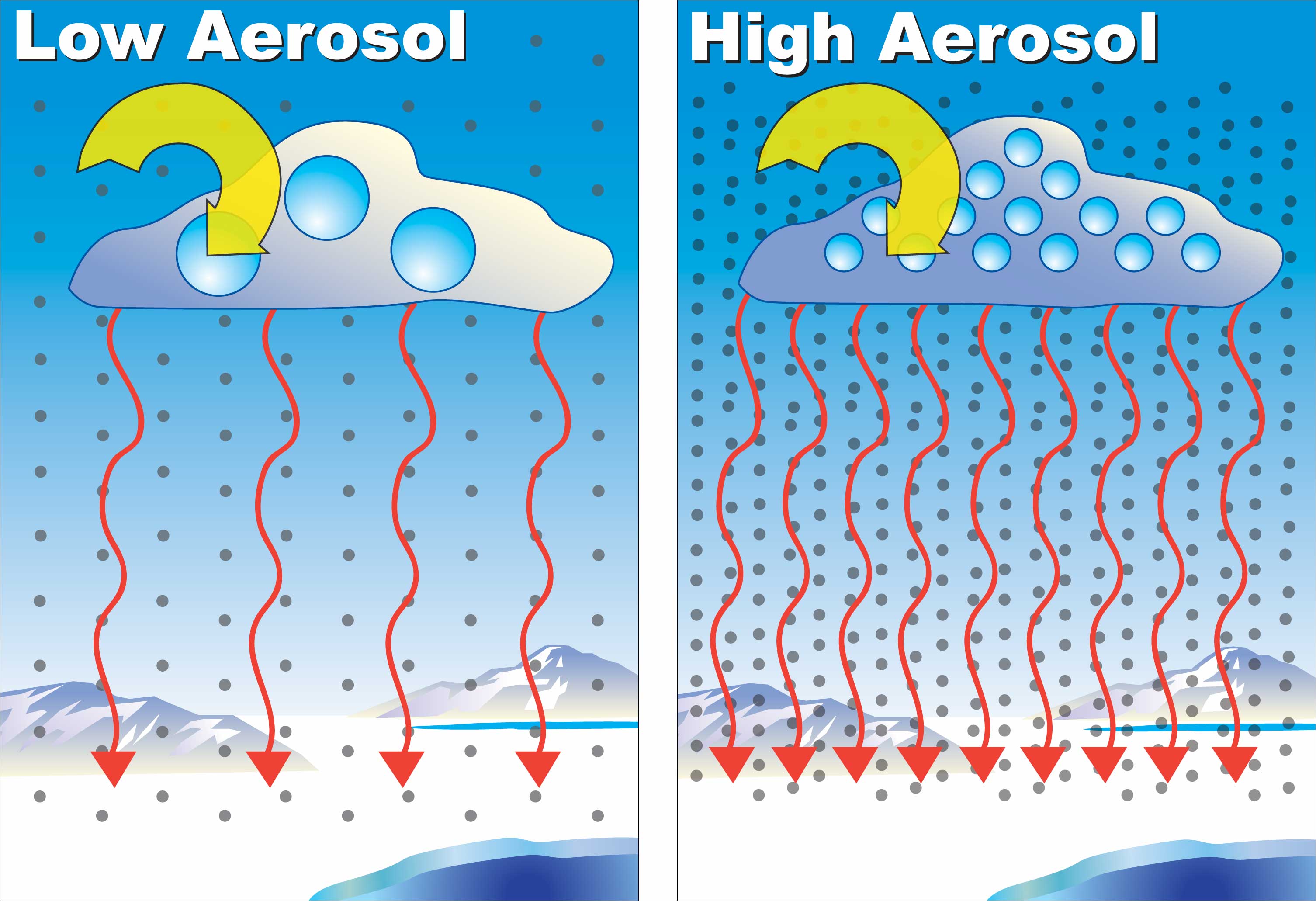
Aerosols, tiny particles suspended in the atmosphere, can both cool and warm the planet. Recent advancements have improved our understanding of the complex role aerosols play in climate change.
These eighteen breakthroughs are just a glimpse into the rapidly evolving field of climate science. Each one is contributing to our understanding of how the Earth's climate system works and how it's being altered by human activities. As we continue to make advancements in this field, we can look forward to a future where we are better equipped to predict, mitigate, and adapt to climate change.







